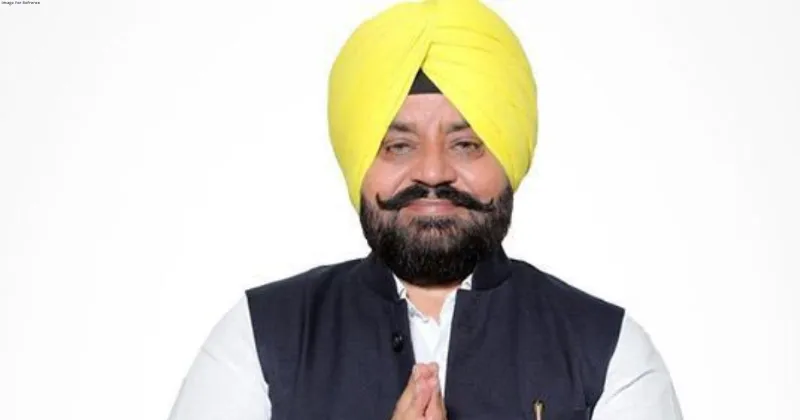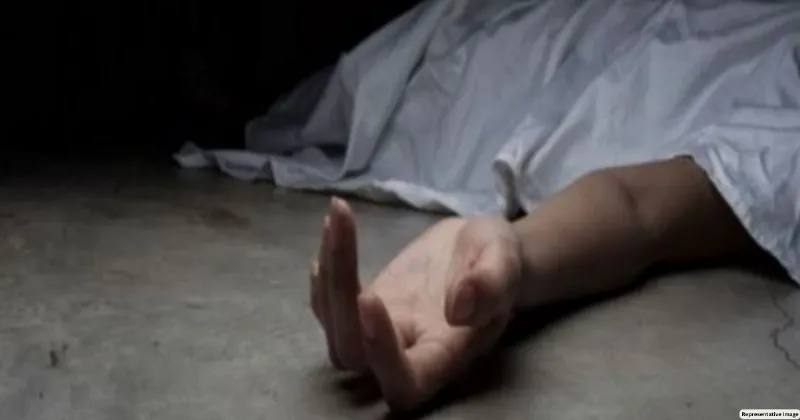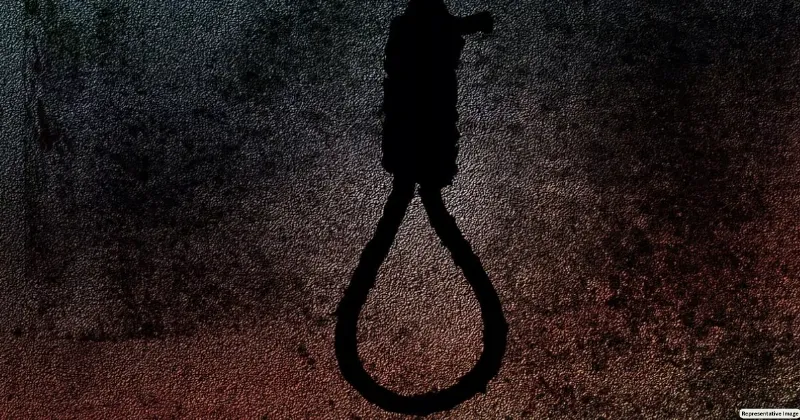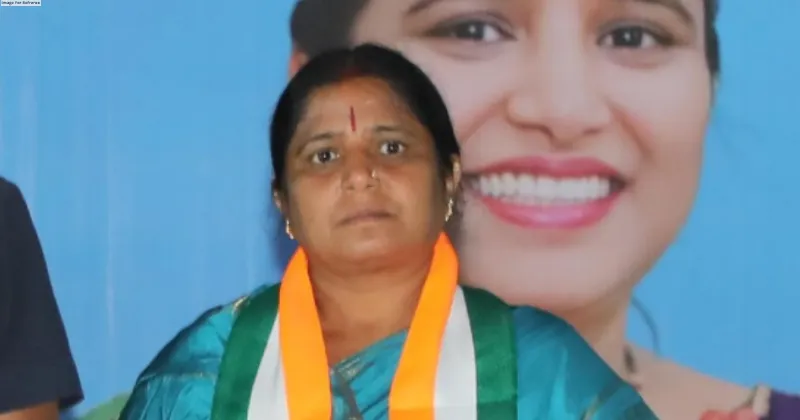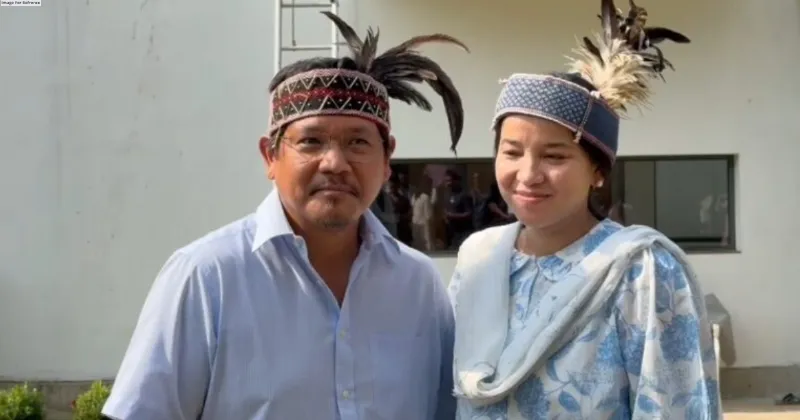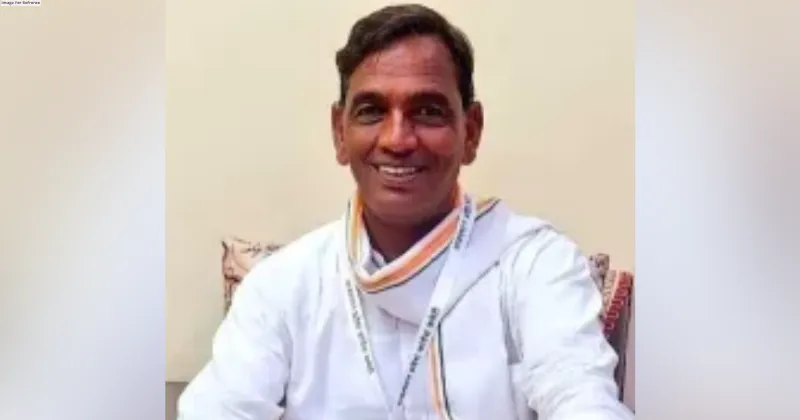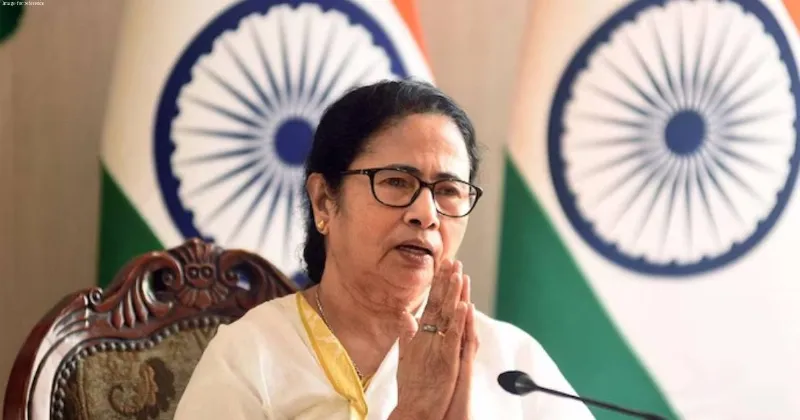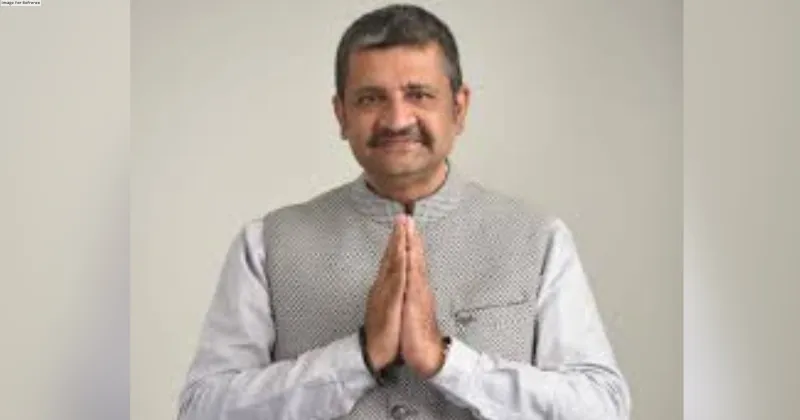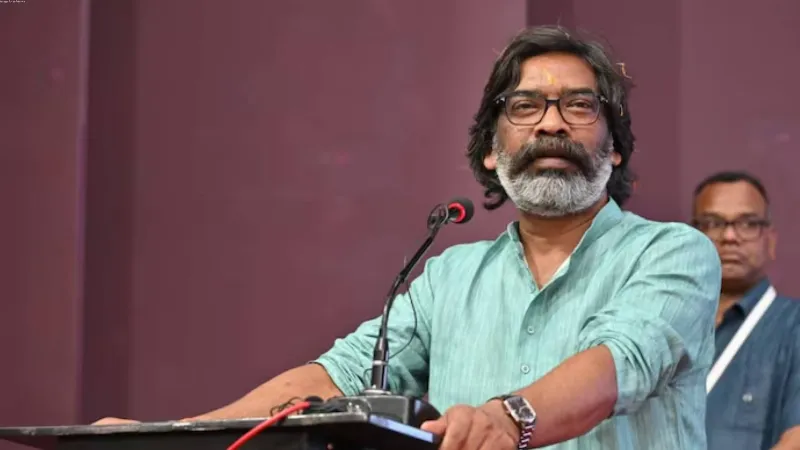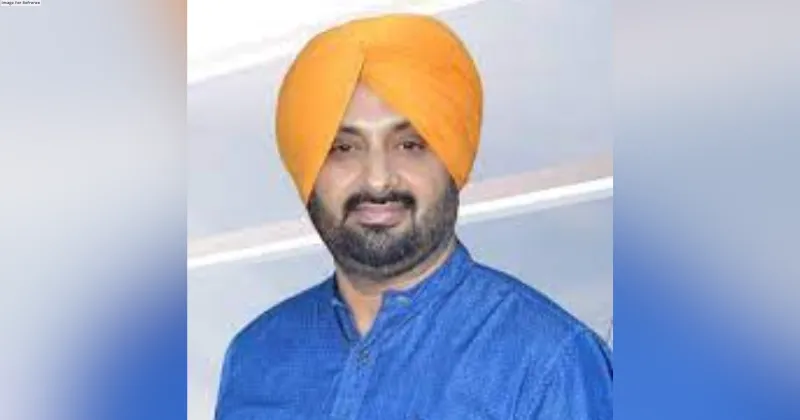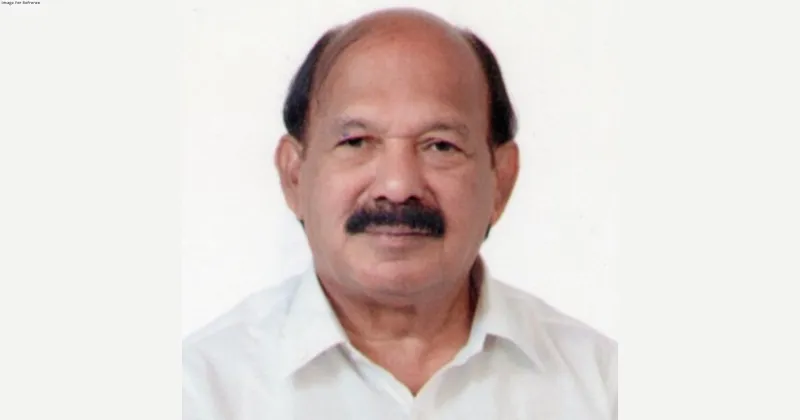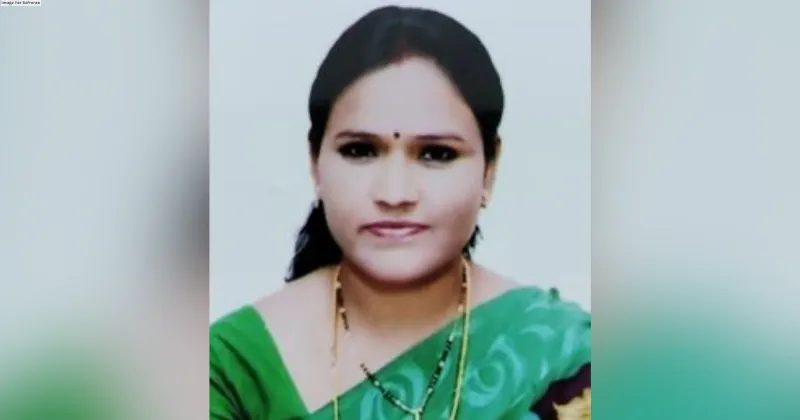Latest News
The Heartbreaking Consequence of Government’s Failure 2006-2023: Denying Rural Communities Access to Life-Saving Cardiology Care for the Poor and Needy

The Postgraduate Diploma in Clinical Cardiology (PGDCC) is a two-year full-time residency program in cardiology for post-MBBS doctors offered by the Indira Gandhi National Open University (IGNOU) in collaboration with the Ministry of Health and Family Welfare. It was launched in 2006 by the Honorable Health Minister of India, Dr Anbumoni Ramadoss, to provide specialized training to medical professionals in the field of cardiology. The course was designed to develop a cadre of non-interventional cardiologists to develop rural cardiology and was open to candidates holding an MBBS degree.
This PGDCC diploma is not a distance education or online program. It is the first face-to-face full-time clinical residency program in cardiology offered by IGNOU. This two-year clinical residency program was designed similarly to the way the National Board of Examinations (NBE) conducts DNB programs in the country. The course is conducted in 67 tertiary care hospitals, including seven government medical colleges in the country. The PGDCC course was imparted along with DM and DNB Cardiology programmes, and the teaching faculty remained the same for both PGDCC and DNB/DM Cardiology.
The course runs up to the year 2013, when the erstwhile Medical Council of India denied to recognize the PGDCC qualification. The IGNOU had applied twice to MCI; however, on both occasions, MCI refused to recognize the said qualification. The grounds taken by the erstwhile MCI for not recognizing the said medical qualification under section 11(2) of the erstwhile Indian Medical Council Act, 1956 were that the prior permission of the Central Government under section 10A of the said Act was not obtained; nomenclature of the qualification was not present in the Post Graduate Medical Education Regulations (PGMER), 2000 and as per section 10B of the Act, the medical qualification cannot be recognized.
Aggrieved by the decision of the MCI, the Indian Association of Clinical Cardiologists (IACC) filed a Writ Petition No. 11819/2016 in the Hon'ble High Court of Delhi. The Hon'ble High Court, after a thorough examination of the matter and after considering the provision contained under the Indira Gandhi National Open University Act, 1985 and the Indian Medical Council Act, 1956, vide its Judgment dated 17.09.2019, held that prior permission of the Central Government under section 10A of the IMC Act, 1956 to IGNOU is not required and quashed the stand of the MCI.
The Honorable High Court directed the Central Government to consider IGNOU's application for recognition of the PGDCC qualification under Section 11(2) of the IMC Act, as stated in the aforementioned Judgment. However, after the Judgment, the erstwhile MCI and NMC came up with additional grounds for non-recognition of the PGDCC qualification, such as the issue of nomenclature, mandatory inspection of examinations, and non-conforming hospitals to MCI requirements. These grounds are not sustainable as the retrospective recognition was given to the Diploma in Cardiology of GSVM Medical College, Kanpur, in 2019 without assessment of the curriculum or inspection of the institution. Additionally, the university selected only teaching institutions approved by MCI and NBE for conducting super speciality programs in cardiology, like DM /DNB cardiology. The lack of thesis or research projects by candidates is also not sustainable, as no medical diploma courses in the country have a thesis.
Despite this, both the MCI and the National Medical Commission (NMC) continued to deny recognition of the PGDCC qualification. However, in May 2020, the All-India Institute of Medical Sciences (AIIMS) recognized a Diploma course in Non-Invasive Cardiology, further supporting the recognition of the PGDCC qualification. The retrospective recognition was granted to the Diploma in Cardiology of GSVM Medical College, Kanpur, in 2019, wherein not only was the qualification recognized from 1974 to 1993 by the Central Government itself, but the necessary requirement of assessment of examination and inspection of standards was not evaluated.
It is worth noting that after completing this 2-year full-time clinical residency program in cardiology, many doctors are working successfully outside India in countries such as the US, UK, UAE, Singapore, Oman, Maldives, Bahrain, Saudi, Kuwait, and Kenya.
The Government of India should deploy these 1706 PGDCC doctors to develop rural cardiology. The issue of recognizing PGDCC and appointing these doctors to rural hospitals has been raised multiple times in the Parliament, both in the Lok Sabha and Rajya Sabha.
The author, Padmashri Prof Dr G Vijayaraghavan, is the Vice Chairman of Kerala Institute of Medical Sciences, and the former Head of the Department of Cardiology, Government Medical College Hospital, Thiruvananthapuram, Kerala.

